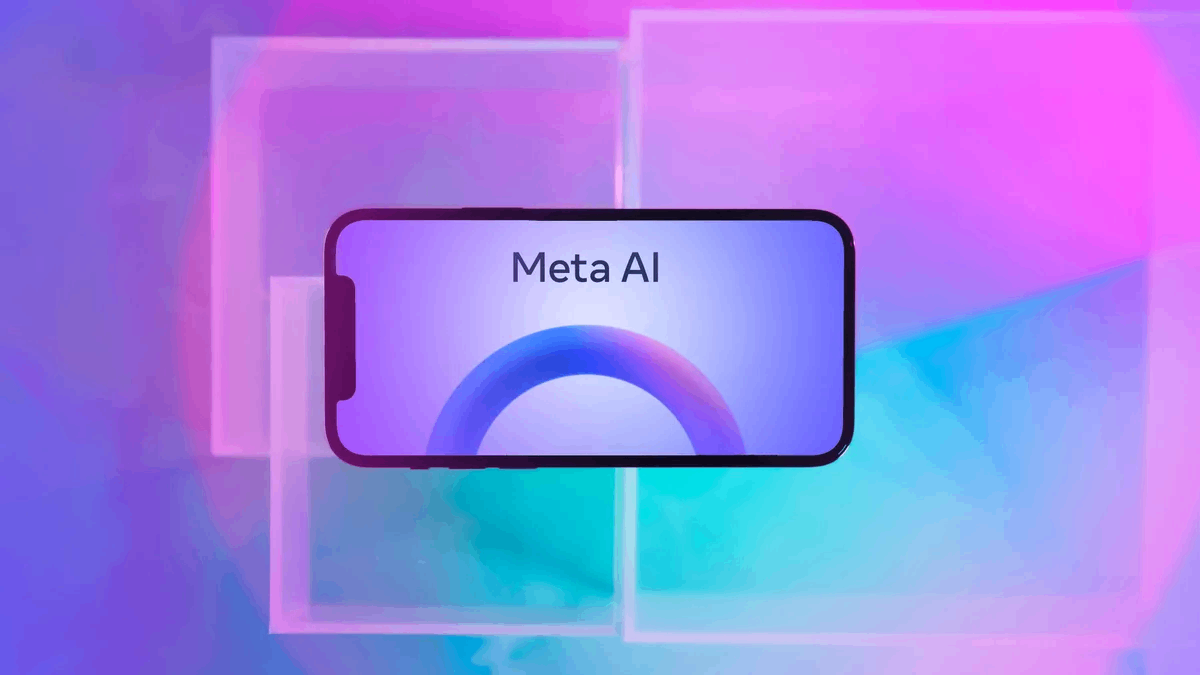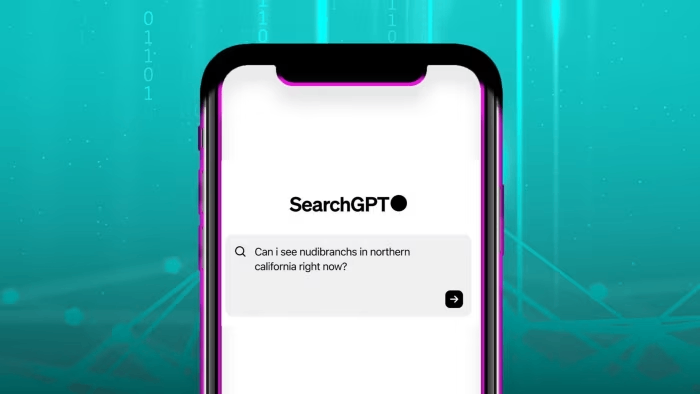Farewell to Google and Microsoft: Meta Enters AI Search Engine Market
Meta is developing an AI search engine to reduce its dependence on Google and Microsoft and catch up with OpenAI's AI development progress.
According to foreign media reports, Meta is developing an AI search engine to reduce dependence on Google and Microsoft and establish its independent position in the search engine market, while also catching up with OpenAI's advancements in the AI field. It is reported that the search engine will be integrated into its Meta AI chatbot, providing AI-generated news search summaries.
Meta AI is a chatbot similar to ChatGPT, powered by Llama, which was first launched last year and can be used on Facebook, Instagram, WhatsApp, Messenger, and dedicated websites.
Currently, Google and Bing dominate the market, and Meta AI relies on them to answer user questions about recent news and events.
However, in 2021, Apple's privacy feature "App Tracking Transparency (ATT)" resulted in more than $10 billion in lost advertising revenue for Meta. Therefore, CEO Mark Zuckerberg believes that with its own search engine, Meta AI will not lose access to key information due to changes in third-party components.
Details about the progress of the Meta search engine project, potential release dates, or how it will integrate with Meta's current platforms have not been disclosed. One possibility is that it will display a standard list of web links in response to queries; alternatively, Meta may plan for the service to generate AI responses that directly answer users' questions.
As a result of this news, Alphabet, Google's parent company, saw its stock retreat from gains, dropping by 0.8%, while Meta rose by 0.3%.

Reports indicate that Meta formed a dedicated team eight months ago to integrate its in-house search engine into Meta AI as an alternative to Google Search and Microsoft Bing, led by Xueyuan Su, a senior engineering manager at Facebook's parent company. Meta publicly disclosed its web crawler technology this summer but only mentioned it was for "training AI models or improving products," without clarifying its use in building the search backend.
Subsequent reports stated that the Meta team has collected a large amount of webpage data through web crawlers and established an information database. At the same time, Meta is also working to build location data to compete with Google Maps, demonstrating its ambition in the search engine space.
Last week, Meta reached a multi-year agreement with Reuters, allowing its chatbot to cite Reuters news articles in responses, enhancing Meta's content acquisition capabilities in the news field.
Moreover, the in-house search engine developed by Meta has also achieved a certain degree of "killing two birds with one stone." Typically, Google and Microsoft provide access to their respective search engines for developers through paid APIs. By opening up its internal search engine, Meta can directly bypass the associated costs of these APIs.

In July of this year, OpenAI launched a custom search engine, SearchGPT, which allows users to ask questions in natural language and receive detailed, understandable AI-generated responses ranging from a sentence to several paragraphs. The SearchGPT test access has already been opened to some users. Like Meta, OpenAI plans to integrate SearchGPT into its chatbot ChatGPT and has signed content licensing agreements with multiple publishers.
Recently, OpenAI also disclosed that 75% of its revenue comes from consumer subscriptions, expecting it to reach $3.7 billion by the end of this year. Analysts indicate that this huge demand may encourage Meta to earn more revenue from a paid version of Meta AI. As of August this year, Meta AI had 185 million weekly active users, while ChatGPT had 250 million weekly active users.
Meta's attempt to enter the search engine market demonstrates its determination to improve its self-sufficient digital ecosystem and explore new growth avenues. By investing in this AI-driven search capability, the way users access and interact with information online may undergo another transformation in the future.
·Original
Disclaimer: The views in this article are from the original Creator and do not represent the views or position of Hawk Insight. The content of the article is for reference, communication and learning only, and does not constitute investment advice. If it involves copyright issues, please contact us for deletion.